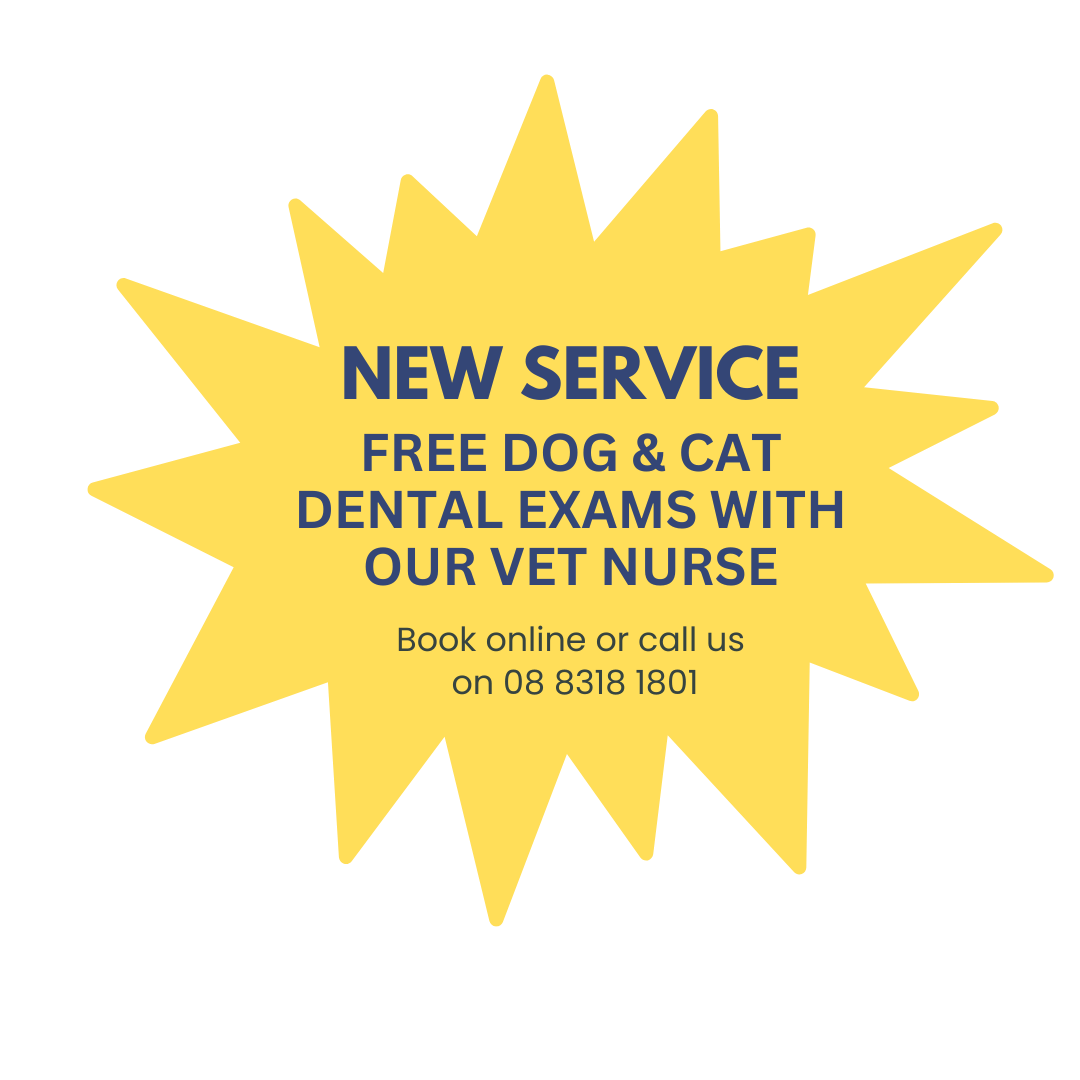The health of your pet’s teeth and gums can have a big impact on their overall health. At Cameron Veterinary services, we are passionate about the health of all animals’ teeth and offer a full range of pet dental care, ranging from check-ups and at-home preventative recommendations to teeth cleaning and extractions.
Preventative dental checks
It’s estimated that 80% of dogs and cats over the age of 3 have some level of dental disease, so getting your pet’s teeth checked regularly by a vet can help to detect and prevent oral health issues.
We include a comprehensive dental check as part of an annual health check-up. By thoroughly checking for any signs of dental issues or gum disease, your vet can determine if your pet’s teeth require cleaning or any further treatment.
Signs of dental issues
Often your pet won’t display obvious signs of dental or gum disease, which is why a dental check is very important.
If you observe any of the following, it’s important that you don’t wait for your pet’s annual health check and get your pet’s teeth checked straight away.
- Bad breath (your pet’s breath is never going to be pleasant-smelling, but if it is particularly bad, it needs to be checked out)
- Increased drooling
- Loose teeth
- Red or bleeding gums
- Reluctance to chew while eating
Teeth cleaning & extractions
Just like humans, plaque can build up on pet’s teeth and require a scale and polish. How often your pet needs their teeth cleaned depends on a number of factors, including their age, diet, breed, and size. During your pet’s annual check-up your vet will advise if a scale and polish is required.
Convincing pets to sit still and open their mouth is pretty much impossible, so a dental clean needs to be performed under a general anaesthetic. Once anaesthetised, we can give their teeth a thorough clean, while also thoroughly checking their teeth and gums for any signs of disease.
If your pet’s tooth is broken, infected or rotten, then a tooth extraction is often required. This is a last resort and will only be performed if the tooth cannot be salvaged. We can perform extractions in our clinic as day surgery, with your pet sent home with pain relief, and onto a soft diet for the next two weeks.
At home preventative care
There are a number of ways you can help look after your pet’s teeth, including brushing them regularly, chew toys (for dogs), raw bones, chewy treats and incorporating dry food into their diet.
However, it is wise to be careful with many of the options out there as not all “dental” treatments are good for your pet. During your pet’s annual health check, your vet will discuss the best preventative dental care for your pet, taking into account their current diet, age and condition of their teeth.




